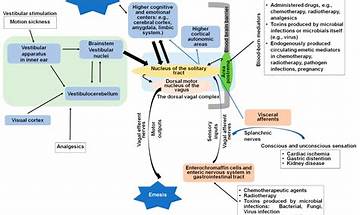Just now, the South Korean Superconducting Cryogenic Society came to the conclusion.

Source: World Wide Web
Korean media: South Korea Superconducting Cryogenic Society decided that "LK-99" was not a superconductor.
Recently, the authenticity of the "room temperature superconducting breakthrough" has attracted attention. According to Yonhap News Agency's report on August 3rd, after the research team of Korea Quantum Energy Research Institute published a paper on manufacturing superconducting substance LK-99 at normal temperature and pressure on July 22nd, the South Korean Superconducting Cryogenic Society came to a conclusion after scientific judgment on the 3rd that LK-99 was not a superconductor because the experimental materials did not show "meissner phenomenon".
The Korean research team released the "superconductor" data map in the video. Source: Yonhap News Agency report with map
According to the report, a member of the institute said that the experimental materials based on the paper did not fully show the "meissner phenomenon", and the Korean research team member refused to submit samples for testing.
According to previous reports, two papers published by the research team of Korea Quantum Energy Research Institute on the preprint platform arXiv show that they claim to have synthesized the world's first atmospheric room temperature superconductor-modified lead-apatite crystal, code-named "LK-99", which can behave as a superconductor below 127 degrees Celsius. After the publication of this paper, it aroused great concern in the industry, and countries quickly launched repeated experiments. The preprint paper released by the team of Beihang University indicated that the room temperature resistance of the synthesized LK-99 was not zero, and no magnetic levitation phenomenon was observed. The National Physics Laboratory of India said that no magnetic levitation phenomenon was observed. However, the theoretical calculation of Lawrence Berkeley National Laboratory in the United States found that LK-99 has the possibility of room temperature superconductivity. The experimental video released by Chang Haixin's team from School of Materials, Huazhong University of Science and Technology, China in bilibili said that the magnetic levitation experiment of the Korean team was reproduced.
As the international controversy and support for this new breakthrough in room temperature superconductivity continue, Yonhap News Agency reported on July 28th that the research team members revealed that the relevant papers were not yet completed and "had many defects", and that a team member published them without the permission of other authors, and now he has asked the website to remove the papers. This news has even aroused suspicion of the results. As for the great pressure and controversy caused by this incident, according to Yonhap News Agency's report on August 2nd, the Korean Superconducting Cryogenic Society announced in the official website on the 2nd that an expert verification committee will be formed to scientifically judge the room temperature superconductor.
Declaration: All article resources on this website, unless otherwise specified or labeled, are collected from online resources. If the content on this website infringes on the legitimate rights and interests of the original author, you can contact this website to delete it.






